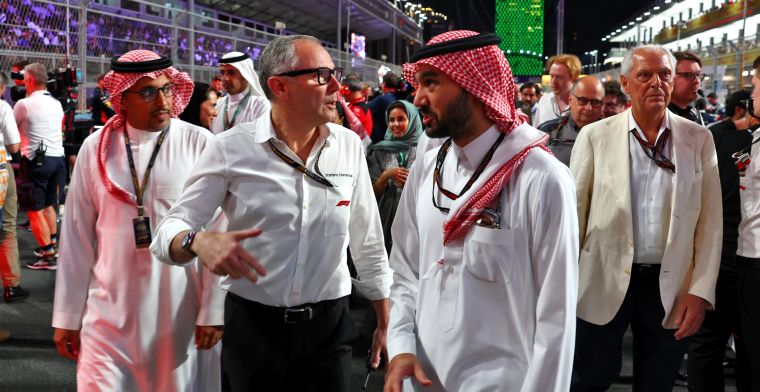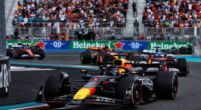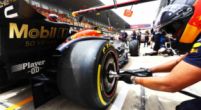Column

Opinion | Triple header Australia-China-Japan proves Verstappen right
Not for the first time, Max Verstappen recently voiced his dissatisfaction with the crammed F1 calendar, which leaves drivers and team personnel hardly any time to be with their families or take a break. Stefano Domenicali seems to care little for all the criticism. The Formula 1 CEO appears to be working in the background to create an even tighter schedule.
'Bigger and more'. It is the unspoken motto of Formula 1's leadership. Caterpillar Never Enough, so to speak. If it could, Formula One Management (FOM) would schedule a Grand Prix almost every weekend. For the physical condition of the drivers and other team members, Formula One has become an exhausting business; they fly from place to place, usually far away from their loved ones.
Schedule is maddening
Take the next few weeks. After the - unwelcome - break since the Australian Grand Prix, within four weeks there are races in Azerbaijan, Miami and Imola. Criss-crossing the globe, shuttling between different time zones and climates. Is your heavily taxed body just getting used to the local conditions, you already have to board the plane on the way to another place far away.
It seems the teams will face an even bigger endurance test next year. Because of Ramadan, the season will not start with the races in Bahrain and Saudi Arabia. The latter country might host the opening race of the season, but for Bahrain it is far too hot after the fasting period to host a Grand Prix. By necessity, it can only take place in the autumn.
Heavy triple header
To make room for a race in Bahrain, things have to shift. The Japanese Grand Prix will therefore be held as early as March next season, if it is up to the FOM. It has now been leaked that after the overture, there will be a one-week break, and then a triple header; first the drivers will start in Melbourne (17 March), a week later in the returning Grand Prix of China in Shanghai (24 March) to run the Japanese race again seven days later in Suzuka (31 March).
Not only are the drivers and team members - who like everyone else also have families - away from home for weeks at a time, it is simply not healthy. For example, the temperatures in Melbourne and Shanghai differ by about 10 degrees Celsius in March; from about 25 degrees to an average of 15 degrees. Making the tyres work in a cold Shanghai is going to be quite a task for Pirelli, but that is another story.
Money rules
So then the whole circus flies back east to race at Suzuka in March, instead of at the end of September. A September race falls in the rainy season and we saw last season how that can turn out. Not for nothing did local organisers suggest structurally moving the Japanese Grand Prix to October, when the rainy season is over. That then starts again in March, indeed at the time when Formula 1 wants to visit.
Japan is an important market for Formula 1. However, the management of the Suzuka circuit does not have as much money as organisers in the Middle East. The unwritten law in Formula 1 is: 'Who pays, decides'. If Bahrain wants a race in late September, then Bahrain gets that race in late September. For the Japanese, there is little choice but to agree to Domenicali's 'proposal'.
Taken to extremes
And - much more importantly - is actually that the teams' interests ended up on the second plane, but that doesn't seem to bother Domenicali and consort at all. Max Verstappen is absolutely right: it is becoming too much, something has to change. After all, what good is it to FOM if signposts of the sport, such as Verstappen, retire at far too young an age because FOM has pushed them physically to their limits?
This is an opinion article written by Ludo van Denderen for the Dutch edition of GPBlog.



















































